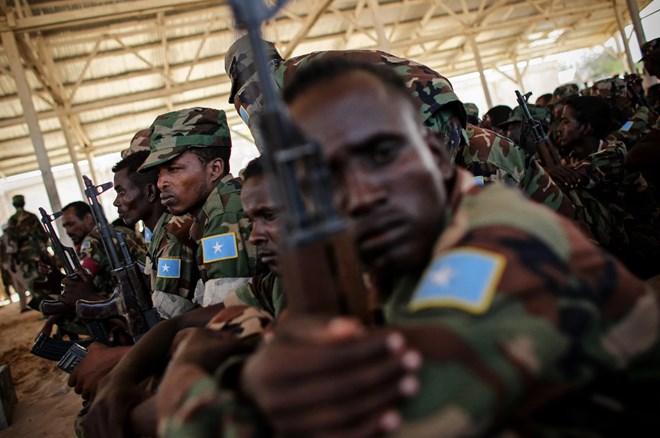
Ibrahim Sultan
Thursday October 26, 2023

In the waning moments of the 1980s, Somalia’s flame of civil democracy had been extinguished, replaced by the embers of military socialism. As armed tribal groups began to rise, the nation’s fragile structures collapsed by 1991, leaving these groups to claim the remnants.
Those of my generation bore witness to a series of harrowing events, the most formidable being the Somali Civil War. This conflict, which officially spanned from 1990 to 2012 but lingers in pockets of the nation, was less a battle for territory and more an assault on the very soul of Somalia. Families were torn apart by tribal allegiances, with members from the same household often pitted against each other. As warriors moved regionally, they left behind trails of indiscriminate violence and devastation.
Most wars have discernible objectives—territorial gains, economic advantages, or ideological dominance. The Somali Civil War, however, seemed to have no higher purpose than chaos. It was a platform for anarchic forces to assert dominance, only to then turn on each other.
The specter of famine from 1991 to 1994 further amplified the nation’s suffering. Unlike natural disasters, this famine was intensified by man’s cruelty, proving that sometimes humanity can be even more merciless than nature. The scars of this period run deep: the very name “Somalia” became synonymous with hunger and despair in global discourse.
For many, escaping this nightmare was the only recourse. They embarked on perilous journeys, braving treacherous roads and unforgiving terrains, seeking refuge in neighboring countries. Life in refugee camps, particularly in the early days, was a grim testament to human resilience. Basic necessities became luxuries, and survival was the only agenda. Yet, with time, international interventions brought incremental improvements. Some Somalis managed to migrate further, establishing lives in distant lands and even influencing the political landscapes there.
Today, as we find ourselves in our thirties, my generation has become an integral part of Somalia’s fabric. Many have assumed pivotal roles in politics and trade. Some have even achieved ministerial positions at a notably young age—a rare feat globally. Yet, there are concerns: a few seem more invested in consolidating power than uplifting society. It’s a tragic irony that some are now fostering an environment reminiscent of the one they once suffered under.
In the realms of trade and education, our generation has made strides, though challenges persist. Some have tragically succumbed to darker paths, while others have emerged as thought leaders in communal spaces.
As I pen this reflection, my appeal to my peers is simple yet profound: to embrace national responsibility. To remember our past, but also to forge a brighter future for the younger generations, ensuring they inherit a nation healed and rejuvenated.